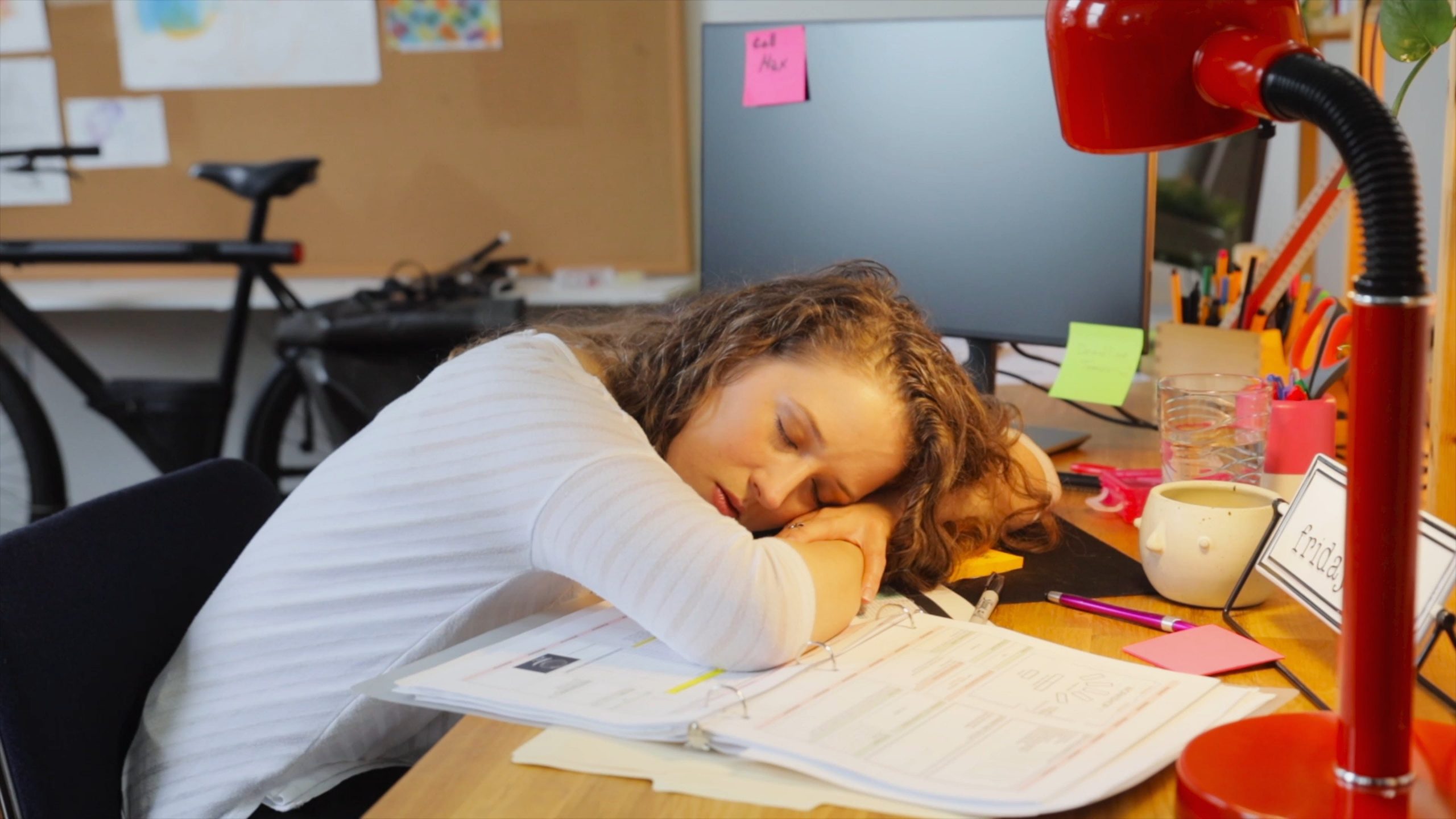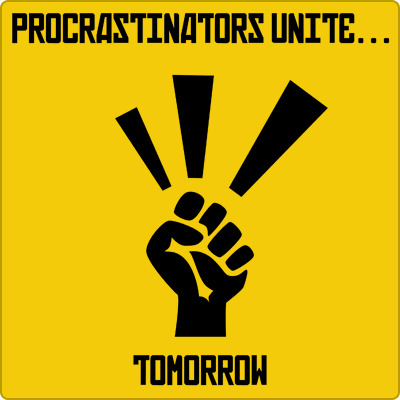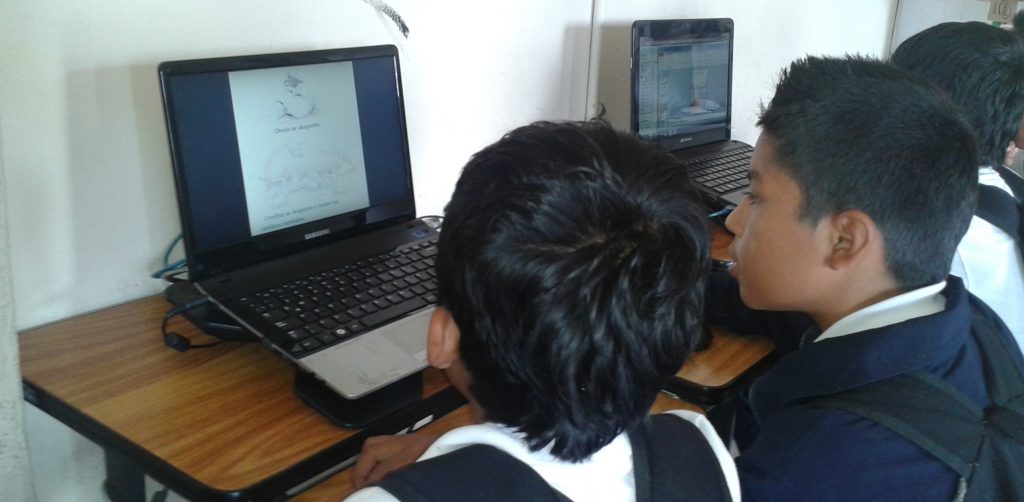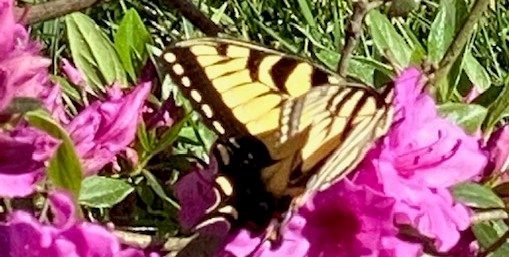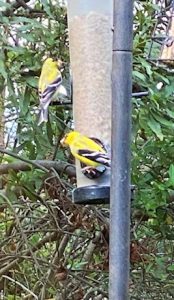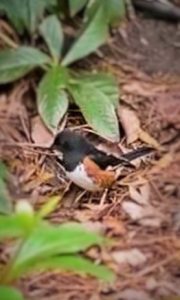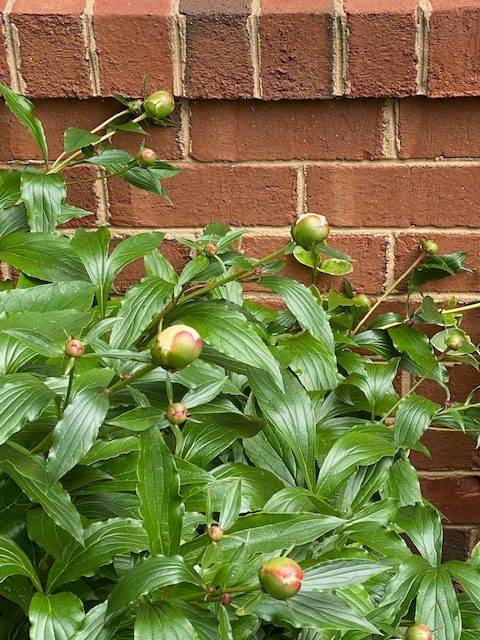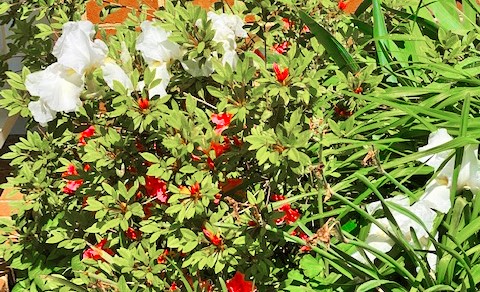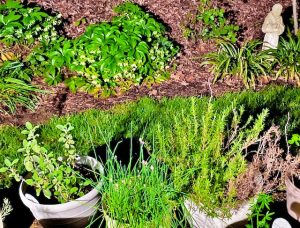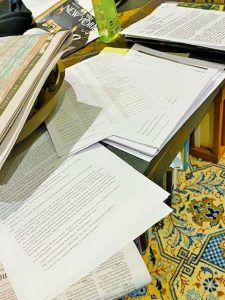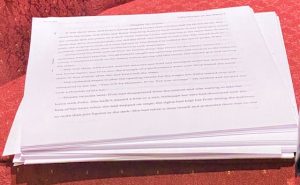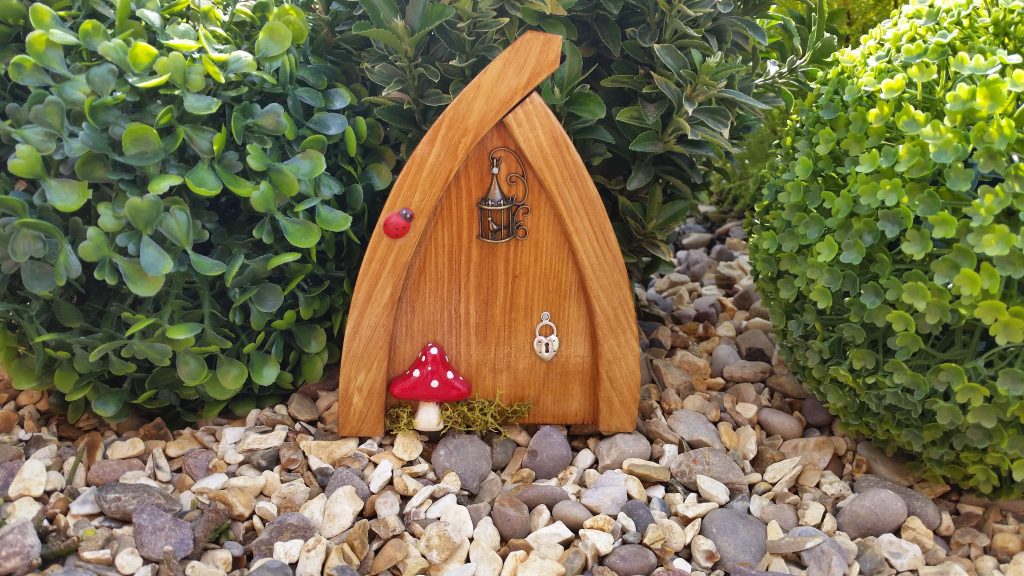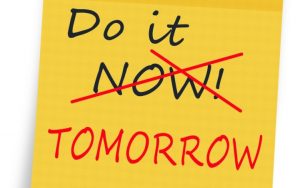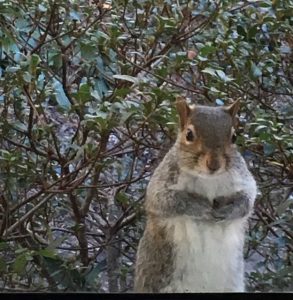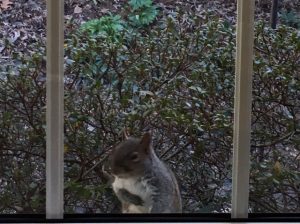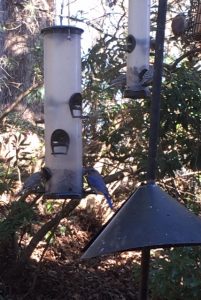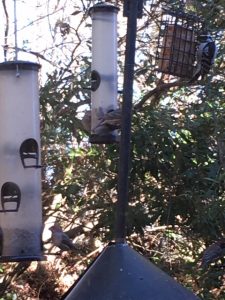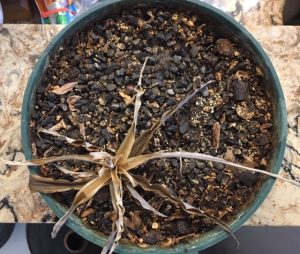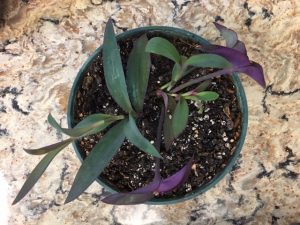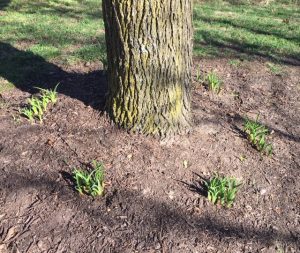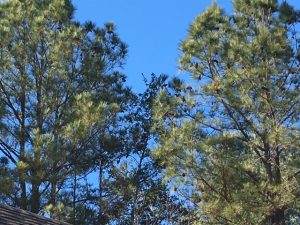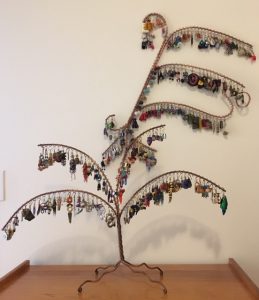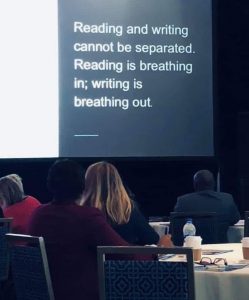Procrastination has been my long-term companion, and I’ve got to tell you, it isn’t all bad. We procrastinate when we voluntarily put off an unpleasant task, often against one’s better judgment.
I have an attack of seasonal procrastination annually, at the end of the year. I have hundreds of carved wood Santas all over the public areas of the house, from Thanksgiving through Christmas. Crating them up again is definitely unpleasant. Procrastination allows me to enjoy my favorites longer!
We typically see procrastination as a bad thing. Research indicates that procrastination generally leads to lower-quality work performance reduced feelings of well-being. As a group, students who procrastinate get lower grades. Procrastinators put off a lot of unpleasant tasks, for example, getting medical treatments and diagnostic tests.
Why We Procrastinate
So why do it? (Or why not do it?)
Here are 5 reason for procrastination, according to Psychology Today.
- Absence of structure
- Unpleasant, boring tasks
- Timing: when present activities are rewarding and longer-term outcomes are in the future
- Lack of confidence about one’s ability to do the task
- Anxiety: postponing getting started because of fear of failure
My personal favorite isn’t on this list: the ego-defensive function of feeling better about oneself. This related to #5 above. Whatever the outcome, the procrastinator can always say to him/her self, “Not bad for the amount of time I spent on it. Of course, I could do better.”
There is also, as in the case of crating away my Santas after Christmas, not wanting to do a task because we don’t really want it to be done. Packing away holiday decorations means holiday celebrations are well and truly over for the year.
Can Procrastination Be Good?
The universe (or society or fate or something) often rewards exceptionally bright, capable people for procrastination. Examples include cooks who create fantastic meals from whatever is in the fridge when they’ve forgotten to shop for groceries. Teachers who get good reviews when they lecture spontaneously. Students who get A’s without studying. (I know a young man who defended himself against a plagiarism charge in university by procrastinating. He called on classmates, who testified that they’d seen him frantically typing the assignment in the computer lab an hour before it was due.)
- It grants you the space to take inventory of your life. Procrastination can give us opportunities to be curious and learn, says life and business coach Lindsey Eynon.
- It makes you work more efficiently.
- It gives you a chance to take a break.
- Procrastination gives you time to consider divergent ideas, to think in nonlinear ways, and to make unexpected leaps.
According to Stephanie Vozza, we tend to give procrastination a bad rap. She listed 6 reasons why procrastination can lead to greater success and happiness.
- Structured procrastinators get more done. While putting off one thing, they do something else.
- Procrastinators make better decisions. I’m doubtful about this one, but if while delaying making a decision a person is gathering relevant information, it could be.
- Procrastination leads to creativity. When a task seems too hard to do, you might invent a better way.
- Unnecessary tasks disappear when you procrastinate.
- Procrastination leads to better apologies.
- Procrastination reveals what you find important.
As David d’Equainville wrote in his Manifesto for a Day Put Off, it “is urgent to procrastinate against all the trends breathing down our neck. Procrastination is an art that brings doubt and skepticism to unquestioned standards of efficiency.” He has declared March 26 to be International Procrastination Day, a day to rebel against the constant rushing and panic of modern life.
To Procrastinate or To Act?
When considering any deadline, ask yourself, “Whose deadline is this? Where did it come from? What will happen if it isn’t met?” Especially if the answer to the first question is, “self-imposed,” weigh the answer to the last question!
My ultimate criterion for getting something done on schedule—or at all—is this: If small children will not die, it probably isn’t that important. This attitude relieves a lot of stress, anxiety, and self-blame.
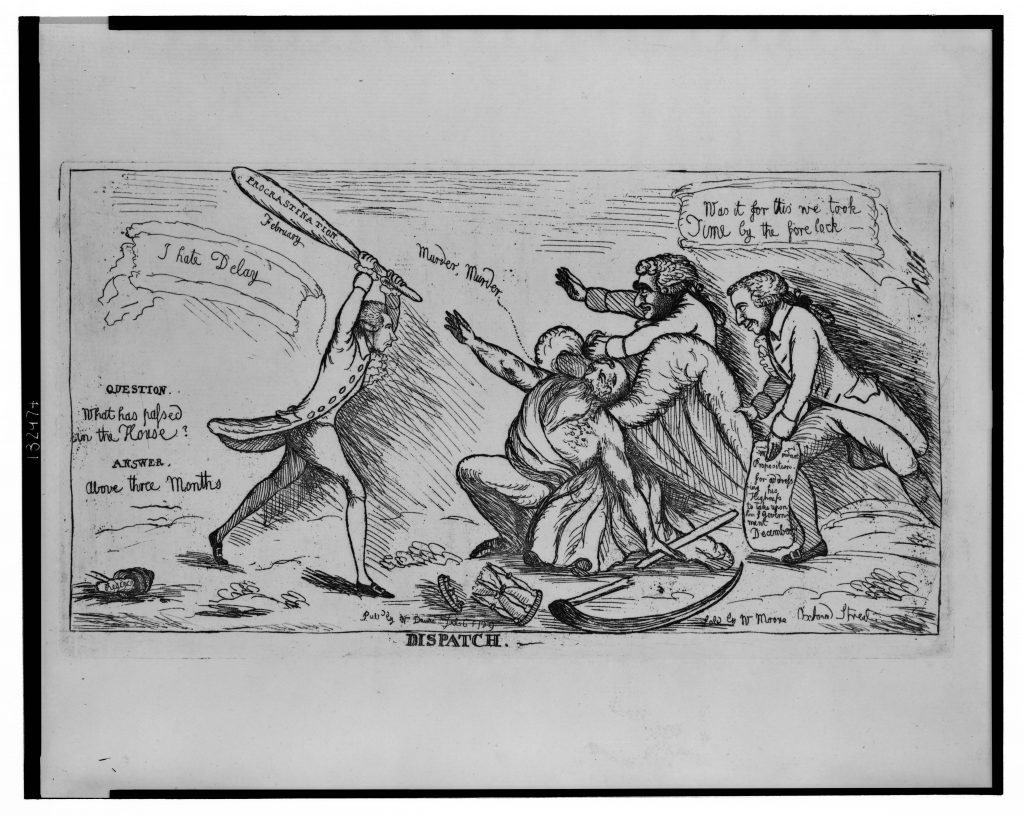
Here are several quotes from Larry Kim, which he originally published on Inc.com:
- Procrastination breeds efficiency.
- If you’re the type of person who works more efficiently and can be more productive while under the pressure of the ticking clock, work with it. You’ll still get your work in on time and will be happier than if you’d spent the week mulling over how weak you are.
- Putting tasks off reduces unnecessary efforts.
- Putting tasks off until closer to the deadline might just cut out some unnecessary efforts when these things change.
- You can be open to more enjoyable things.
- If procrastinating means you get to enjoy something today and can still complete whatever is required of you before it has to be done — even if it’s just hours or minutes before — you’ve still accomplished what you set out to do. And you’ve had fun in the meantime.
- Procrastination can reduce anxiety.
- We often put off things we really, really don’t want to do — things that make us uncomfortable, or anxious, or even afraid. If you can take the time to mentally prepare yourself and tackle it when you’re ready, you can reduce your overall anxiety about the task.
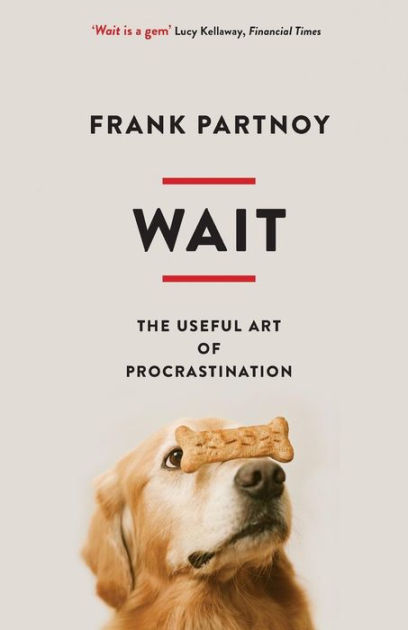
- Time can bring greater ideas or other improvements.
- University of San Diego professor Frank Partnoy wrote extensively about the benefits of having time to assess issues in his book, Wait. Procrastinating gives your ideas time to percolate; it allows you to sit down and tackle the task after your subconscious has chewed it over. The result just might be a better outcome.
- It makes you a rebel… sort of.
- Only insomuch as you can rebel against modern day norms, though. Ancient Roman and Greek nobles highly regarded and even respected procrastination.
- Finally accomplishing the task gives an adrenaline rush.
- Whoo-wee! And you’re done, doesn’t that feel great? If you’re hooked on the rush you feel when you’ve finally hammered something out at the very last minute, don’t rob yourself of that pleasure.
I believe that people always choose their perceived best option, even if that choice doesn’t seem rational to an outside observer. By weighing perceived costs and benefits of procrastination in various situations, under various circumstances, people can procrastinate rationally!
BOTTOM LINE: Although there’s sometimes a down side to procrastination, embrace the up—side!

